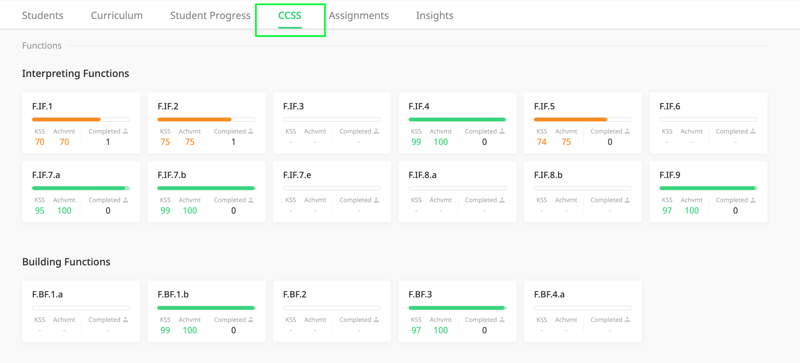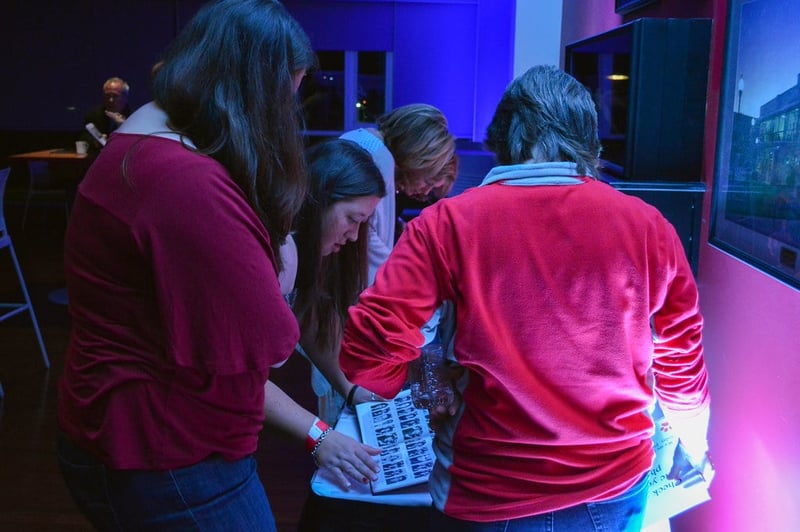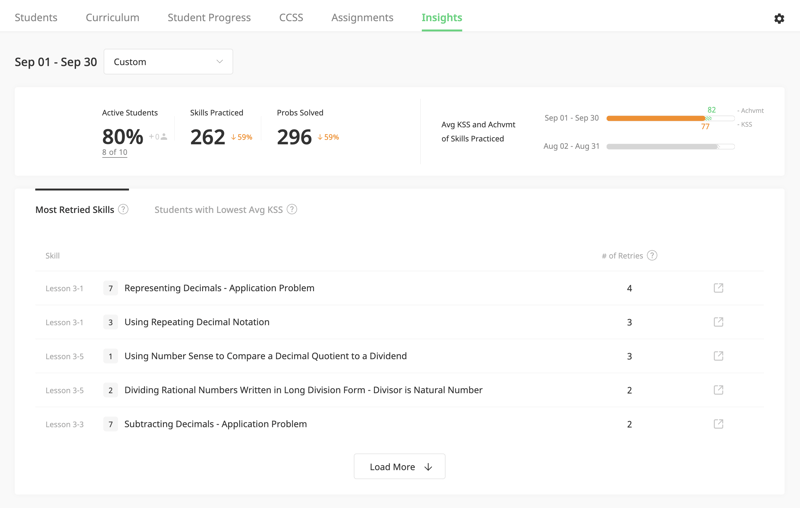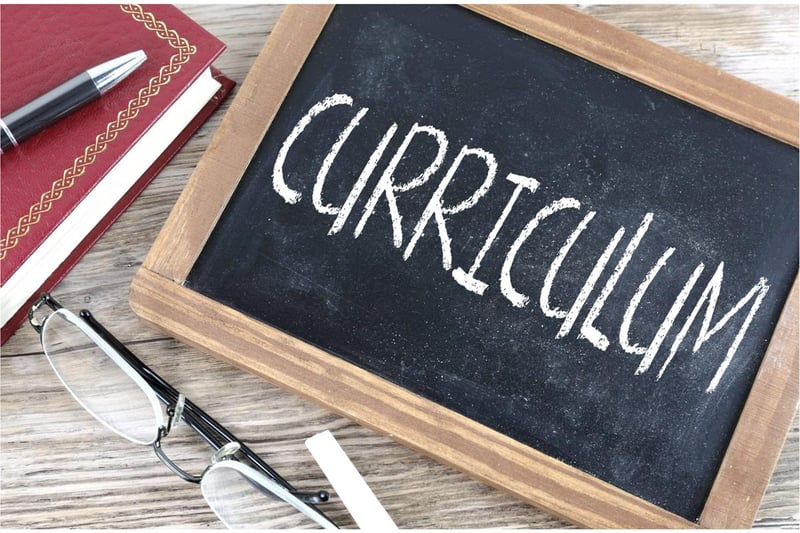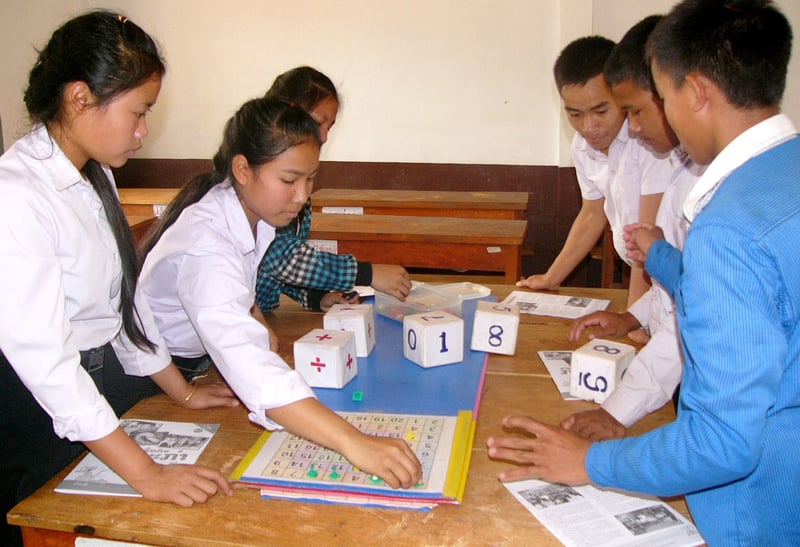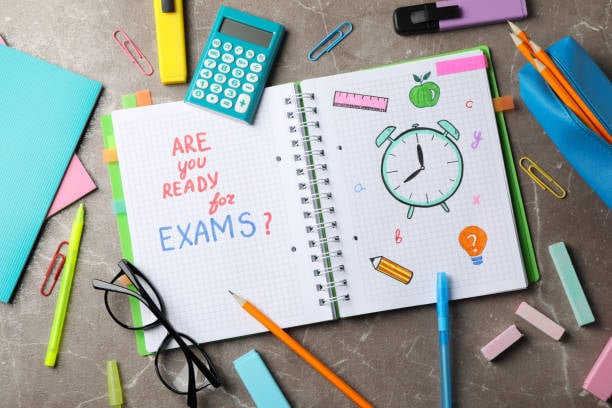As an educator, you want your students to feel confident about upcoming testing. Be sure to have a plan in place so your students can put their best foot forward. The best way to ensure you adequately prepare your students for testing is to plan your desired course of action.
Crystal Arrington
Recent Posts
The Knowre Math Teacher Dashboard is loaded with actionable data to help inform your instruction. Located on the Teacher Dashboard, the Standards tab (pictured below) gives a snapshot of class and individual student performance on grade-level standards. Click on the tab labeled with your specified standards to take a closer look. Standards are grouped by units and each standard card gives an overview of class performance to date. Class data updates as students continue to work on lessons associated with the standard. Knowre Math’s color-coding makes it easier to quickly identify what standards may need additional attention.
What would student learning look like in your classroom if you could regularly provide each of your students with an individualized review assignment created just for them?
Encouraging and Maintaining Student Engagement with Knowre Math
We know that some students may struggle to engage in learning. How can teachers foster student engagement? Try setting classroom goals around Knowre Math participation and providing specific, constructive feedback. In this article we will explore 4 different strategies for boosting student engagement. While we will discuss these strategies as they relate to Knowre Math, they can also be used more broadly in the classroom to support overall student engagement in learning activities.
Topics: Classroom, Student Success, Student Engagement
The Knowre Math Teacher Dashboard is loaded with actionable data to help inform your instruction. Located on the Teacher Dashboard, the Insights tab gives you a look at student activity, overall class performance and progress, and students that need additional support in a chosen date range. You’re also able to see how your class has been progressing for a previous date range. For example, if you are viewing data from the last 30 days, you will also see your class’s average KSS and Achievement for the 30 days before that. This is a great way to see how your class’s performance is trending over time. Data in other tabs give data based on the most recent attempt, while the Insights tab delivers data on all skill and problem attempts during the selected time period. Keep in mind, the Insights tab gives data on lessons and skills students have completed in the primary grade/curriculum for the class.
Topics: Data, Student Success
With the start of the 2022-2023 school year, we are thrilled to announce a number of exciting curricular enhancements to the grade 2, 3, 4, and Pre-Algebra curricula on Knowre Math. As a comprehensive supplemental resource for math, we are constantly striving to expand topic coverage and improve the overall student math learning experience.
Topics: Pre-Algebra, Back to School, Knowre News
As the school year comes to a close, you may be wrapping up testing, mapping out how to pack your classroom, and thinking of your summer plans (woo hoo!). Before you run off into the warm sunshine of summer, take some time to reflect on the 2021-2022 school year. You’ve tried new strategies, added new activities to your repertoire, or decided to adjust your class norms. Whether you kept your “tried and true” or chose a new path, it may benefit you to think back on what worked for you through the school year.
Topics: Teachers
Knowre Math Announced as a Finalist for the EdTech Awards 2022
Knowre Math has been named a finalist for The EdTech Cool Tool Awards 2022 in two categories: ‘e-learning, blended, flipped solution or remote solution’ and ‘math solution.’ This has been announced to a worldwide audience of educators, technologists, students, parents, and policymakers interested in building a better future for learners and leaders in the education and workforce sectors.
Topics: Knowre News, Awards, Education Technology
Math and Statistics Awareness Month began as Mathematics Awareness Week in April, through a proclamation by President Regan in 1986. It extended to Mathematics Awareness Month in 1999 and was renamed Math and Statistics Awareness Month in 2017. The focus has always been to communicate the importance of mathematics to a larger audience.
As we enter April, let’s participate by promoting awareness in school and the community. There are a multitude of activities that can be coordinated to have fun and be informative. Students may not always be eager to dive into mathematics, but here are some activities that could brighten their perspective:
Amid the many changes that COVID has brought to education, you don’t want your students to feel leery of upcoming testing. You want to make sure that you have a plan in place to make sure that your students can put their best foot forward, but also make sure that they are not stressed out.


